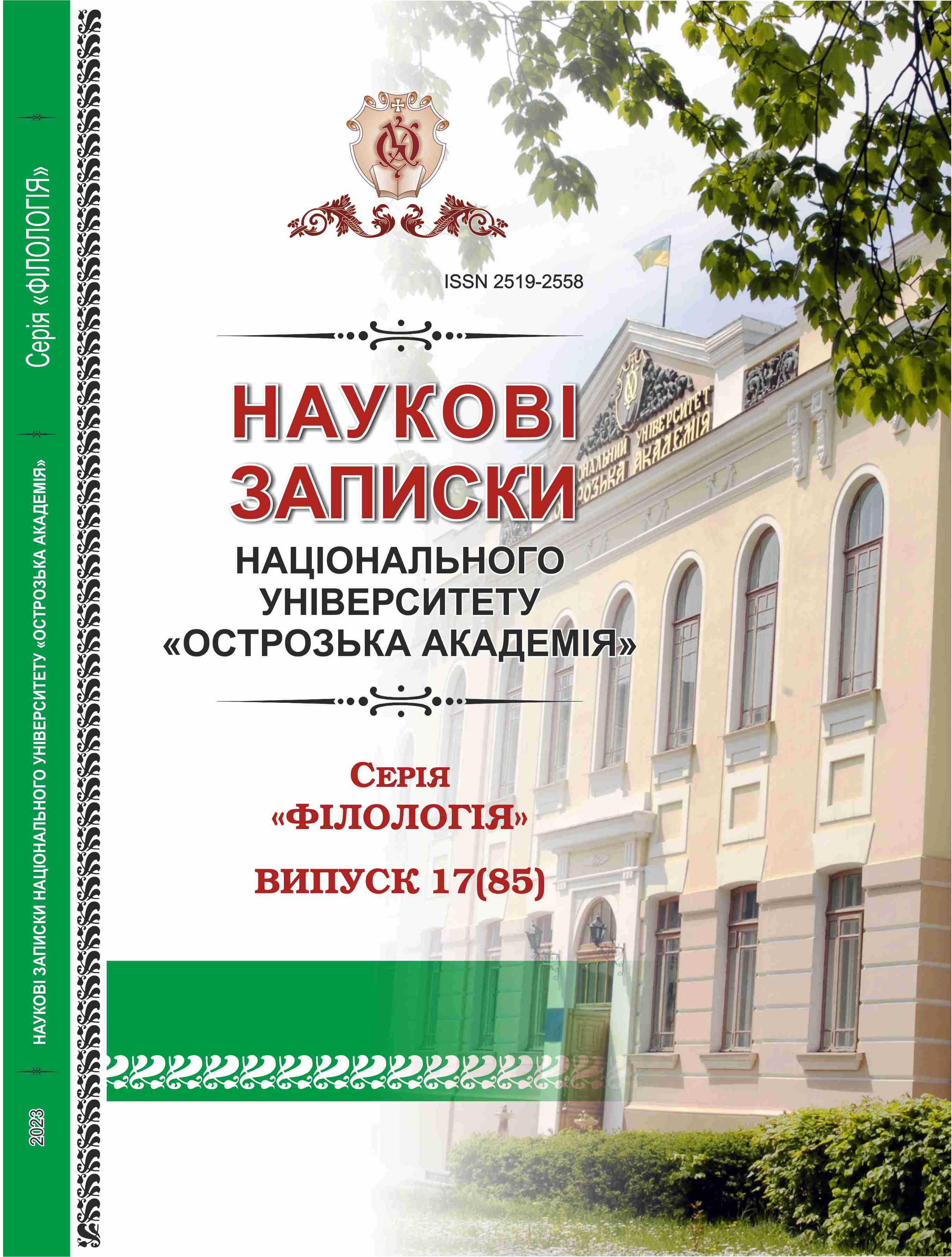LEXICAL PROBLEMS OF TRANSLATING TEXTS IN THE SPHERE OF ENERGY EFFICIENCY
Keywords:
terms, terms in the sphere of energy efficiency, scientific and technical, methods of translation, compression, decompression, permutation, transposition, calquing, one-component, multi-componentAbstract
The article examines the main ways of translating English lexical units in the sphere of energy efficiency using the Ukrainian language. The relevance of the proposed research is substantiated in view of the modern needs of society and the problems of science.
Based on the results of modern scientific studies, the essence of the concept of the term has been clarified. The publications devoted to the study of various aspects of the terms were analyzed, and the requirements put forward to this layer of the lexical structure of the language were singled out. It is emphasized that there are no terms that fully meet all requirements and this creates certain difficulties in the translation process. It was found that there are still a number of challenges faced by a translator who works with specialized vocabulary. Among them is the need to deepen knowledge in a certain sphere, consult with experts, lack of updated dictionaries of terms, etc.
As a result of the analysis of the received data, it was found that the majority of multi-component terms in the sphere of energy are translated by calquing. The results of our research also indicate the predominance of the multicomponent term system of the energy orientation of word combinations. However, most of these terms are translated literally (calquing), that is, they have a concrete analogue in the target languages. The multicomponent nature in this case is determined by the complexity of the described physical concepts and phenomena and indicates a poorly developed term system. Descriptive translation is practically absent, which indicates the universality of the terms used and their wide distribution in different languages.

